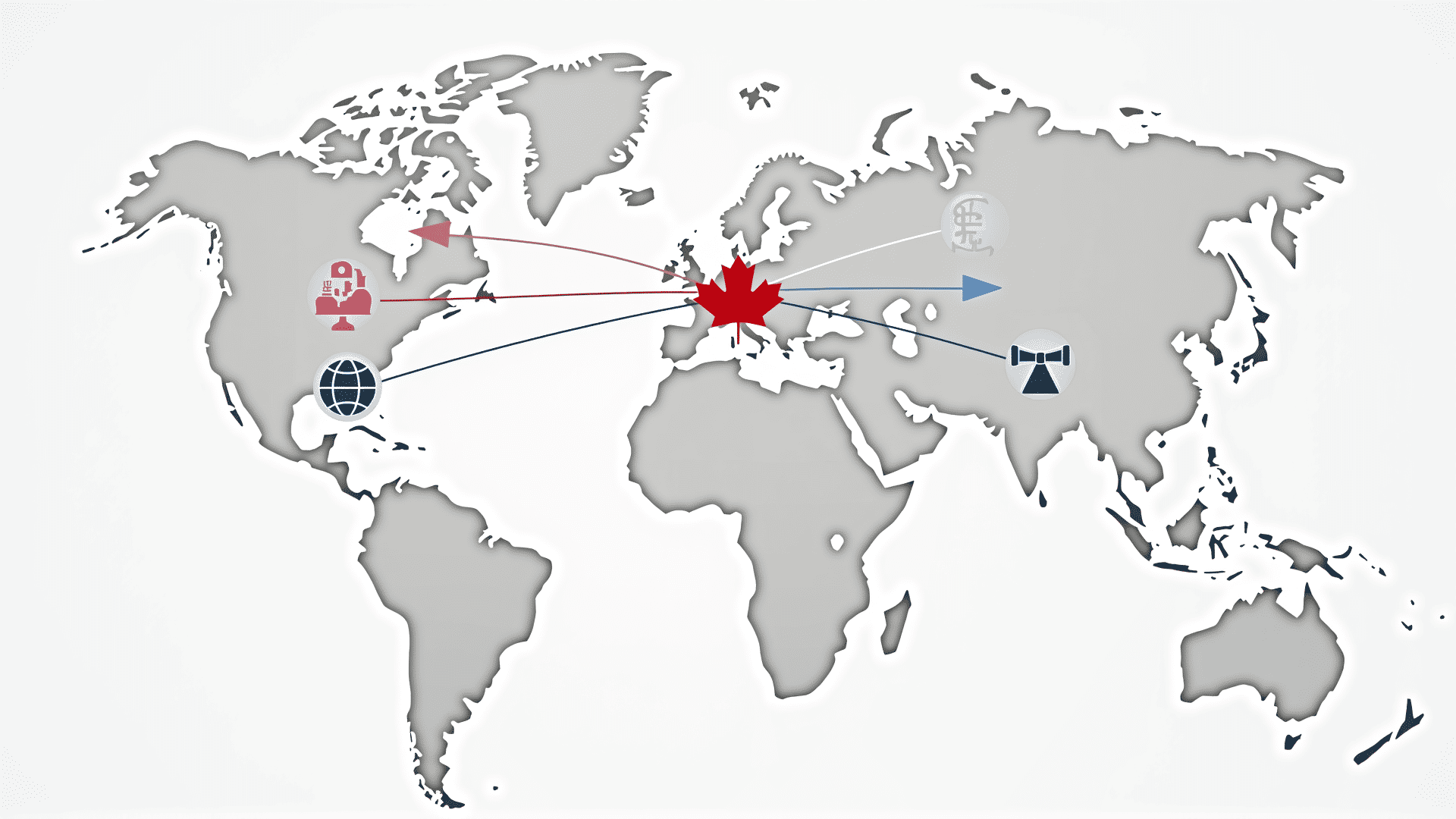Canada stands as an influential player on the world stage, deeply integrated within global systems of trade and cooperation. Its strategic approach to fostering partnerships and alliances has bolstered its position in various international sectors. By understanding Canada's interaction with the world, we can appreciate the complexities of its global engagements and the ripple effects on its domestic landscape.
Connecting geographically to both the Atlantic and Pacific oceans, Canada is advantageously positioned for cross-continental trade. This geographical sinuosity has elevated its status as a conduit between the Americas, Europe, and Asia. The nation's efforts to enhance this connectivity continue to manifest through various agreements that extend its reach and bolster its global presence.
Foremost among these agreements is the North American accord with the United States and Mexico. This trilateral framework has facilitated a robust exchange of goods and services across borders, enhancing competitively priced markets and driving job creation within the member countries. The seamless interchange of commodities and services proves advantageous for industries ranging from automotives to agriculture.
Canada further entrenches its influence via the Comprehensive Economic and Trade Agreement with the European Union. This concord positions Canadian enterprises favorably by reducing barriers, leading to smoother market entry and expanded access for goods and services. Not only does this accord stimulate economic growth, but it also strengthens political ties and cooperative ventures in science, technology, and sustainability initiatives.
In the Pacific sphere, the Comprehensive and Progressive Agreement for Trans-Pacific Partnership (CPTPP) exemplifies Canada's venture into multilateral engagements that extend beyond economic scopes. This coalition, encompassing multiple nations across the Pacific Rim, enables resource sharing and technological development while fostering a robust platform for dialogue on environmental and labor standards.
Canada's role in international trade arrangements is not merely transactional but strategic, creating a network that supports its national interests while responsibly contributing to the global economy. Emphasis on inclusive and fair practices underlines its participation, aligning with broader goals of sustainable development and ethical governance.
Moreover, such global engagements impact Canadian domestic spheres by fostering innovation and diversification in industries due to foreign competition and collaboration. This openness encourages diverse market offerings for consumers, allowing for quality enhancement and price competitiveness.
By continually refining its approach toward global alliances, Canada aims for enduring inclusion and influence. As technologies evolve and global challenges emerge, Canada’s commitment to cooperative trade structures remains pivotal, ensuring its role as a dynamic and adaptable global partner.
